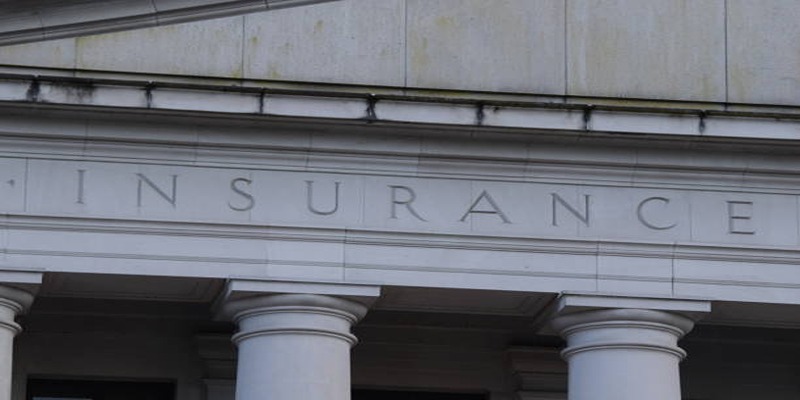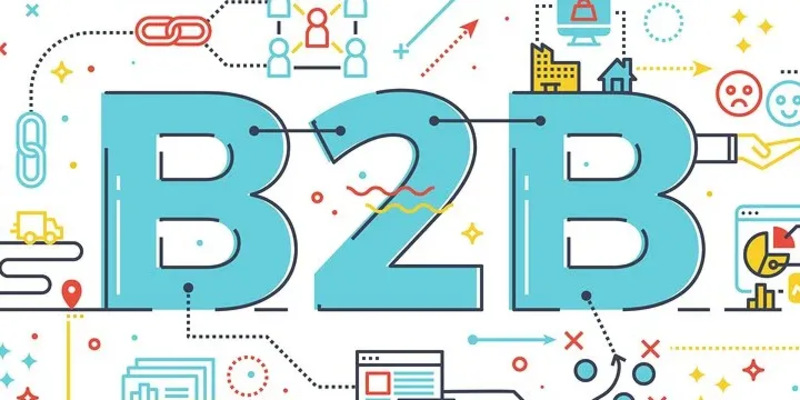The Origins and Evolution of Insurance: A Comprehensive Overview
May 20, 2024 By Triston Martin
Insurance, in its myriad forms, serves as a bastion of security in an unpredictable world, offering individuals and organizations alike a means to mitigate financial risks associated with losses or damages. Tracing its origins back to ancient civilizations, insurance practices have been documented as early as 3000-2000 BC in Babylon, where merchants received loans to fund their shipments, with the lender receiving a premium in exchange for assuming the risk of the voyage. This rudimentary form of insurance laid the groundwork for a complex system that would evolve across centuries, adapting to the changing needs of society. From maritime adventures to modern-day policies covering everything from health to property, the evolution of insurance reflects humanity's advancing understanding of risk, economics, and the necessity of safeguarding against the unforeseen.
Historical Roots of Insurance

As trade expanded and the concept of risk became essential to commerce, insurance practices became more prevalent in ancient civilizations. The Greeks and Romans employed similar methods to protect against potential losses, with merchants pooling their resources to compensate any individual who suffered a loss on an overseas journey. These early forms of insurance were driven by mutual aid and solidarity among traders, with no official institutions or regulations governing the process.
Ancient Beginnings
The earliest recorded instance of insurance dates back to Babylon in the 18th century BC, where merchants would pay a loan rate to finance their shipments. In case of a successful voyage, the loan was repaid with interest, but if the shipment was lost or damaged, the lender would bear the financial burden. This form of risk-sharing evolved over time and spread throughout various empires, including the Phoenicians and Greeks.
Early forms of mutual aid in ancient civilisations
In ancient China, mutual aid societies, or 'guilds', were formed to assist members in times of need. These guilds provided financial support for individuals who experienced losses due to fire, theft, or other unforeseen circumstances. Similarly, in the Middle Ages, European merchants banded together to form merchant guilds that ensured compensation for any member who suffered a loss while on a voyage.
The Middle Ages to the Renaissance
During the Middle Ages, insurance practices became more formalized with the rise of marine insurance. The need for this type of insurance was driven by the flourishing trade routes between Europe and Asia, as well as increased piracy and shipwrecks. In response to these risks, merchants began taking out loans from wealthy individuals or institutions that would provide compensation in case of loss or damage. This marked the emergence of insurance as a financial contract, with specified terms and conditions.
Maritime Insurance: From Genoa to London
In the 14th century, maritime insurance became more common in Europe, particularly in the port cities of Genoa and Venice. However, it was not until the Great Fire of London in 1666 that the first modern insurance company, The Insurance Office, was established. This marked a significant milestone in the evolution of insurance as a formal industry.
The Birth of Modern Insurance
As trade and commerce continued to expand, the need for insurance grew, leading to the development of new types of policies. In the late 17th and early 18th centuries, fire insurance became popular in England, followed by life insurance in the mid-18th century. As industrialization took hold in the 19th century, liability and accident insurance emerged to address the risks associated with this new era of manufacturing.
Evolution in the 19th and 20th Centuries
The 19th and 20th centuries saw significant developments in insurance, with the creation of government-backed social welfare programs such as workers' compensation and unemployment insurance. In addition, the formation of regulatory bodies and laws aimed at protecting consumers helped to shape the modern insurance landscape.
The Role of Technology
In recent years, technology has played a crucial role in transforming the insurance industry. With the rise of digitalization, insurance companies can now collect and analyze vast amounts of data to better understand risk and provide more accurate pricing. This evolution has spurred the creation of innovative products like usage-based insurance, where premiums are tailored to actual usage instead of conventional risk factors.
Contemporary Insurance Industry

As we move into the 21st century, insurance continues to be a vital part of our society and economy. With the ever-growing risks posed by climate change, cyber threats, and pandemics, the role of insurance in mitigating financial losses has never been more critical. As technology continues to advance and new risks emerge, it is likely that the insurance industry will continue to evolve and adapt, just as it has throughout history. Overall, the journey of insurance from its humble beginnings in ancient civilizations to its current state as a global industry demonstrates the resilience and continuous evolution of this crucial aspect of modern life.
Modern-Day Insurance Industry
Today, insurance is a trillion-dollar industry that encompasses a wide range of services and policies. From basic health and life insurance to more complex products like cyber liability and climate risk coverage, the sector continues to evolve to meet the ever-changing needs of society. With advancements in technology and data analysis, insurance companies are now able to tailor policies and pricing to individual needs, making it more accessible and comprehensive than ever before.
Future of Insurance
As we look towards the future, it is clear that insurance will play a crucial role in managing and mitigating risks for individuals and businesses. With the increasing frequency of natural disasters, cyber attacks, and other unforeseen events, insurance will continue to be a necessary safeguard against financial losses. Furthermore, with the rise of artificial intelligence and big data, the industry will continue to evolve and innovate, providing even more personalized and efficient services. Overall, insurance will remain an essential aspect of our lives, adapting and evolving to address the constantly changing risks that we face.
Final Thoughts
The history of insurance is a testament to the ingenuity and adaptability of human societies. From its early forms of mutual aid in ancient civilizations to its current state as a global industry, insurance has played a crucial role in mitigating financial risks and promoting economic stability. As we continue to face new challenges and advancements, it is certain that the insurance industry will continue to evolve and innovate, providing essential services for generations to come. So, it can be said that insurance has truly stood the test of time and will continue to do so in the future.
-
 Mortgages May 20, 2024
Mortgages May 20, 2024Unveiling B2B Transactions
Comprehending how B2B transactions and commercial connections function is crucial in today's finance realm.
-
 Mortgages May 20, 2024
Mortgages May 20, 2024Understanding Budgets
Understand the basics of budgeting, its purpose in organizing finances, controlling expenses and maximizing resources for stability.
-
 Know-how May 16, 2024
Know-how May 16, 2024How Much Is Insurance for a Sole Proprietorship?
Industry, coverage needs, and geographic location influence the price of SC small business insurance for sole proprietorships, usually between $500–$3,000.
-
 Investment May 10, 2024
Investment May 10, 2024How Kansas City Life Insurance Stands Out: A Comprehensive Review
Explore the key benefits of Kansas City Life Insurance, from its exceptional customer service to its stable financial standing and diverse product portfolio.
